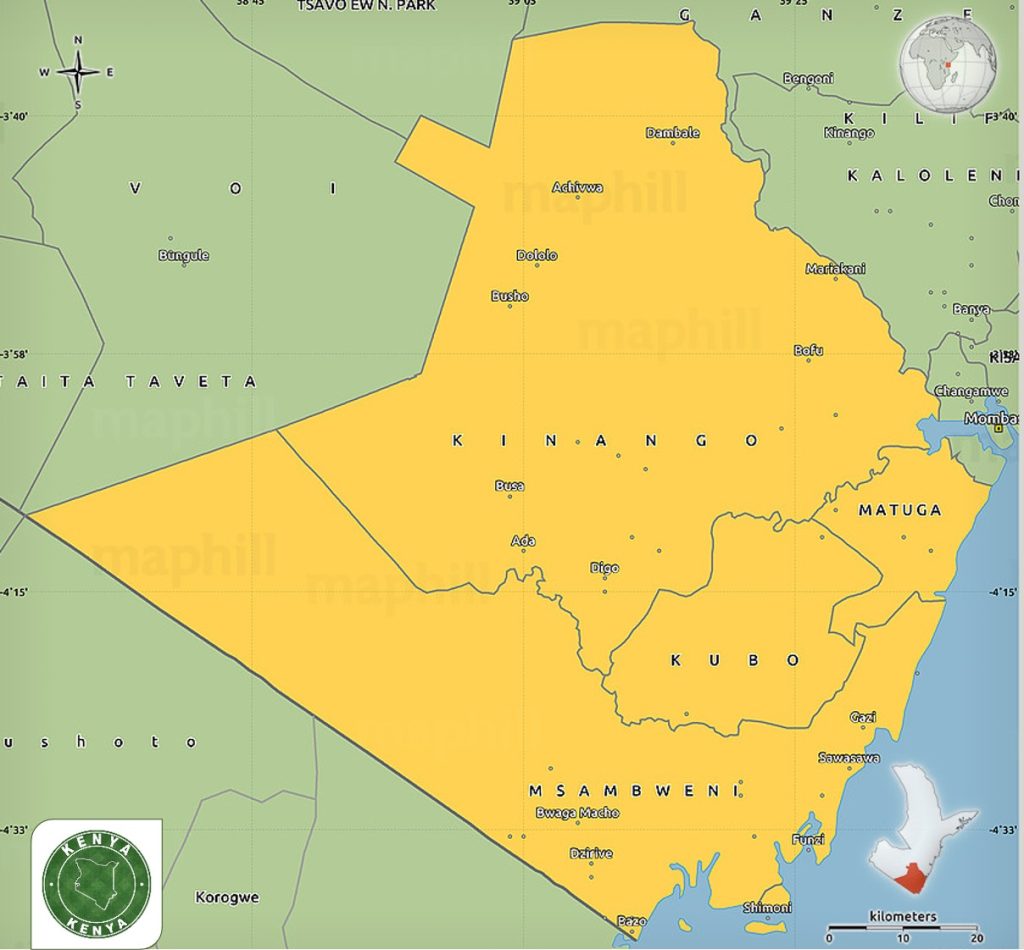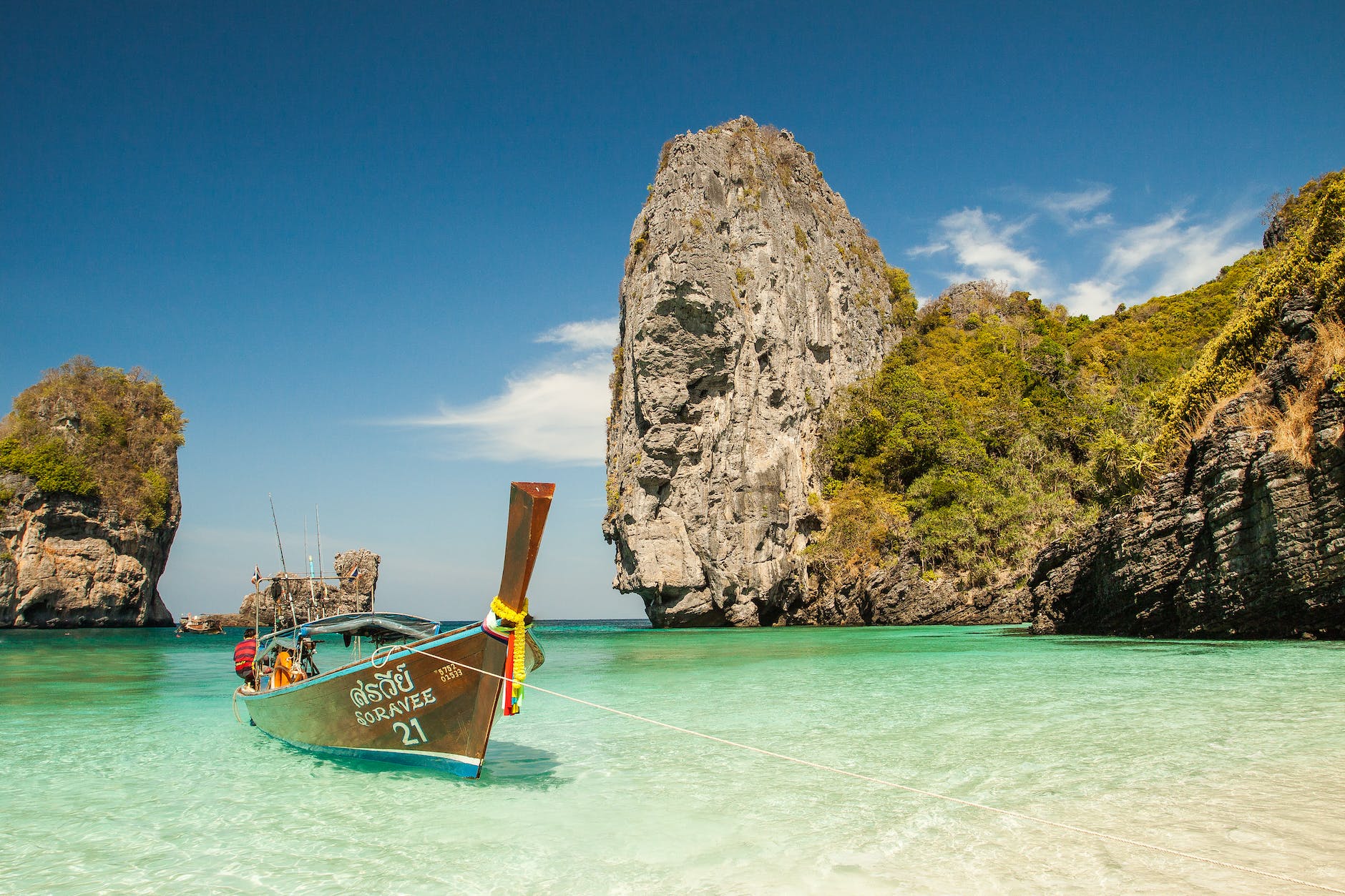Kwale County, located in the coastal region of Kenya, is a region known for its beautiful beaches, diverse ecosystems, and rich cultural heritage. Nestled on the coastline, the county offers a unique blend of natural beauty, tourism opportunities, and traditional practices. It is an inviting destination for those seeking to explore, study, work, invest, or reside in this dynamic part of Kenya.

Unique Facts in Numbers
- Area: Kwale County covers approximately 8,270 square kilometers, offering a geographical landscape characterized by beautiful beaches, forests, and fertile farmlands.
- Population: The county had an estimated population of over 866,000 people in 2019, creating a vibrant and culturally rich community.
- Sub-Counties: Kwale County comprises six sub-counties, each contributing its unique attributes and contributions to the county’s development.
Geopolitical Facts
- Borders: The county shares its borders with the Indian Ocean to the east, and it is adjacent to Tanzania. Its location places it in the coastal region of Kenya.
Socio-Economic Activities
- Ethnic Diversity: The county hosts various ethnic communities, with the Digo, Duruma, and Giriama people being the dominant groups. Agriculture, particularly cashew nut farming, tourism, and fishing, form the primary livelihood. Additionally, other communities like the Chonyi, Kauma, and Digo engage in various activities, including trade and agriculture.
- Agriculture: Kwale County’s economy is characterized by a focus on cashew nut farming, subsistence farming, and fishing, making it a significant contributor to Kenya’s agricultural production and cashew nut industry.
- Cultural Heritage: The county is rich in cultural heritage, with traditional attire, songs, dances, and folklore forming an essential part of its identity.
Natural Attractions
- Beautiful Beaches: Kwale County boasts stunning beaches along the Indian Ocean, such as Diani Beach, Tiwi Beach, and Galu Beach, which offer opportunities for swimming, water sports, and relaxation.
- Shimba Hills National Reserve: This reserve is home to diverse wildlife and rare species, including the Sable antelope, offering unique opportunities for nature exploration and wildlife viewing.
- Mwaluganje Elephant Sanctuary: Known for its efforts in elephant conservation, this sanctuary offers opportunities for wildlife viewing and eco-tourism.
Challenges Hindering Development
- Kwale County faces various development challenges, including environmental conservation, infrastructure development, and the need for improved access to education and healthcare services.
Economic Opportunities
- Agriculture and Tourism: The county’s economic potential is closely tied to cashew nut farming and tourism, offering opportunities for growth, employment, and economic development.
- Sustainable Development: Embracing sustainable agricultural practices, ecotourism, and responsible environmental conservation provides potential for economic growth and preserving the county’s natural beauty.
Kwale County is not only a land of beautiful beaches but also a land of opportunities, cultural diversity, and environmental richness. Its dynamic communities, focus on cashew nut farming, and strong ties to tourism contribute to a promising environment for growth and development, all while safeguarding its natural treasures.


No responses yet